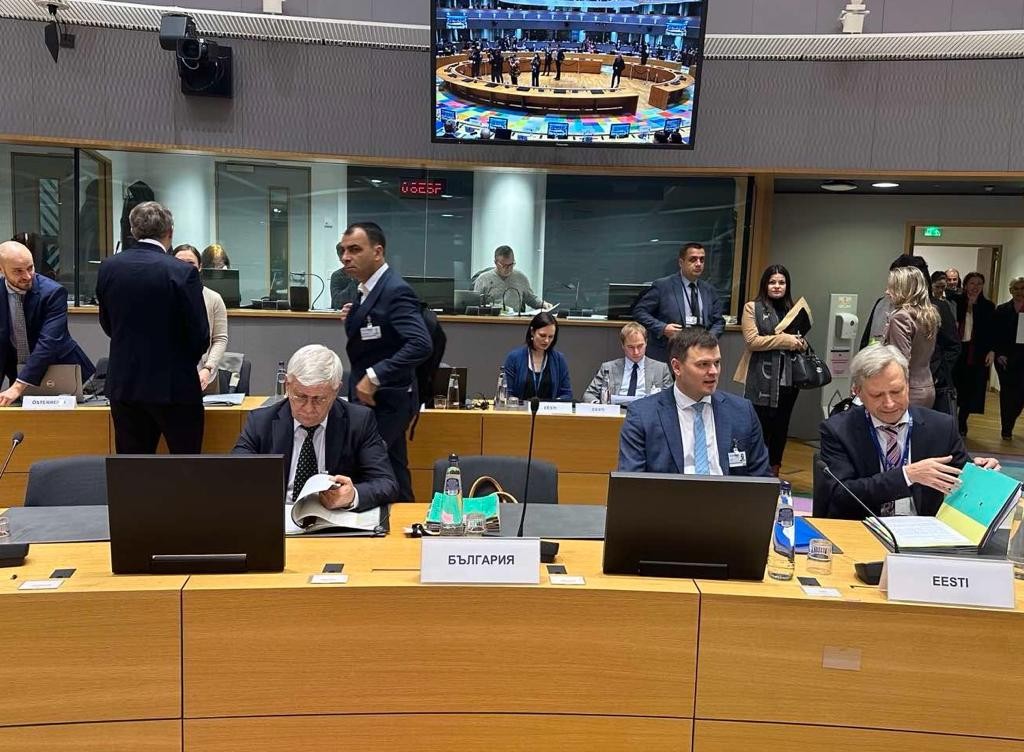The European Parliament is due to make a crucial decision at the beginning of February regarding the application of so-called new genomic techniques (NGTs) in the creation of new plant varieties. The draft regulation envisages the elimination of many of the safety checks for the NGTs which are still in the process of acquiring laboratory patents. Experts say that this runs counter to one of the guiding precautionary principles of the community, hitherto protected by strict regulations. The subject of new genomic techniques polarized the opinions of experts in the country, and Bulgaria chose to keep neutrality during the European discussions.
“Europe used to be like an oasis among all other continents, where only a given variety of hybrids were allowed after strict testing regarding any harmful effects on the environment and on agriculture,” engineer Svetla Nikolova from Agrolink association, which has been working towards the promotion of organic farming in Bulgaria since 1999, said in an interview with Radio Bulgaria.
“In Bulgaria, 90% of people don’t want GMO, it is the same in Germany and in France. After the Council of Ministers failed to reach consensus in December, the draft was put to discussion. Under Belgium’s new Presidency, consultations in agriculture working groups began as of 1 January, but the very first sitting showed there were a great many points of conflict. Many questions were raised which the European Commission could not give an answer to. Consequently, the sittings were suspended, and an attempt was made to make a decision at a political level. European Commissioners started paying visits to different countries and promising the governments that the NGTs will not be patented. However, the patent authority is not within the jurisdiction of the European Commission, and these promises are unrealistic and disrespectful to the people who know the law.”
The techniques themselves were created 12 years ago, but there is no evidence they are safe. At the same time, the draft regulation envisages that they be released into the environment without being clearly marked and thus controlled.
In 2018, the European Court of Justice ruled that all gene-edited plants are regulated through the European Union's GMO regime. “In classical selection there is no change in the genes of the plants, and if there is gene editing, then what we have is GMO,” Svetla Nikolova says:
“What the EC is promising is that in 7 years’ time, if the regulation is approved, studies will be conducted to establish whether there are any, including negative effects. We asked the minister of agriculture of Bulgaria, under the law on access to public information, who is going to be held accountable if anything were to happen during this trial period.”
Engineer Svetla Nikolova says that the lobbies of four giant companies, which control 70% of the world’s seed market, are behind this regulation. Some produce chemicals like glyphosate, and medicines. “In practice, this means controlling the food chain on the planet,” Svetla Nikolova says and goes on: “It should not be forgotten that food is connected with traditions and history as well.”
A petition has been launched in Bulgaria calling for keeping Bulgaria a GMO-free zone.
Photos: Pixabay, Darina Grigorova, BGNES
The film "Gundi: Legend of Love" caused a sensation across the Ocean. Screenings of the film story about the life of legendary football player Georgi Asparuhov – Gundi were held in Los Angeles and Las Vegas as the halls were full...
On this day 35 years ago, the authoritarian regime of communist dictator Todor Zhivkov collapsed. To mark the anniversary, the BGNES news agency carried out a survey of monuments to totalitarianism. The agency checked whether the monuments of the..
Residents and guests of the village of Kolena, Stara Zagora Municipality, gather for the Young Wine Festival. The event was celebrated for the first time in 2017, and a few years later the local teacher and winemaker Martin Slavov gave the..
Nuredin Nuredinaj comes from the historical-geographical region of Gòra in Northeastern Albania, where 90% of the inhabitants identify themselves as..

+359 2 9336 661
